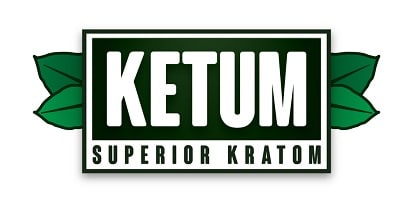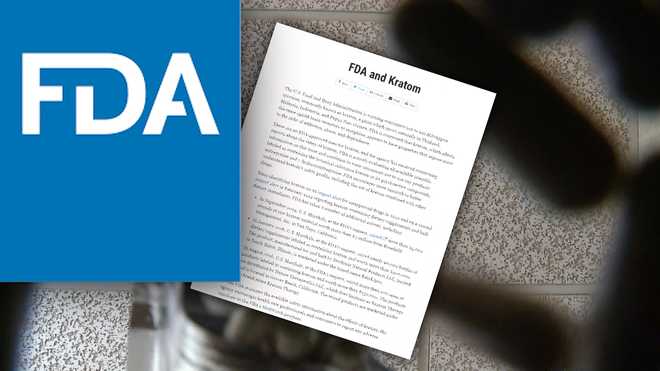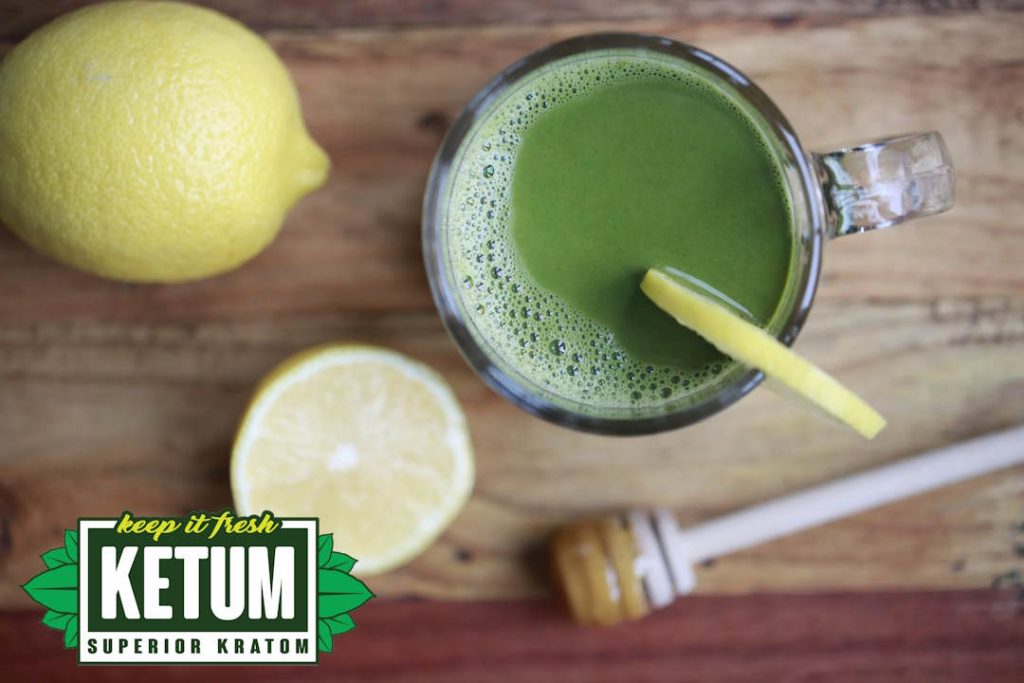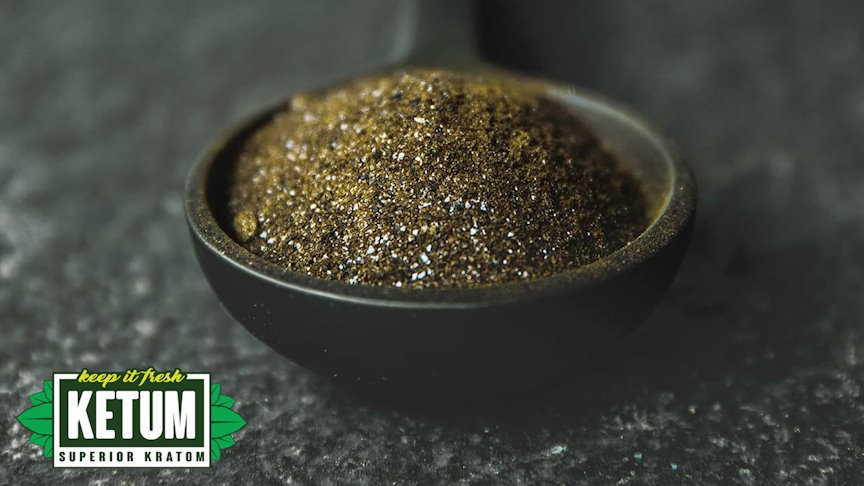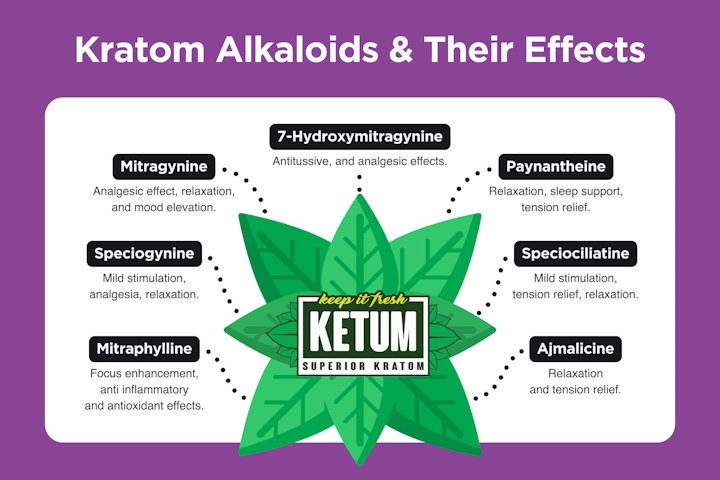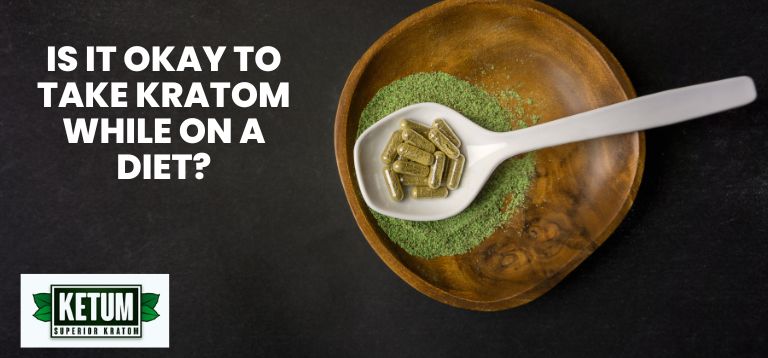Kratom remains fully legal in the United States and most places around the world. But there is now a push by the Food and Drug Administration to have kratom scheduled by a global statute. This article covers the legalities of the potential ban on kratom worldwide as well as the reasons that the FDA wants to ban kratom and what you can do to help stop them in their tracks.
What is Happening with the FDA and Kratom?
Back in 2016, the FDA sought a domestic ban on kratom and it failed, but they are continuing to look for ways to demonize and illegalize the medicinal herb. Part of their argument is that kratom can become contaminated with dangerous substances like mercury or lead or with Salmonella or E. Coli. The FDA also argues that kratom is a drug of abuse and is a dangerous recreational drug.
The American Kratom Association continues to work towards good manufacturing practices and proper labeling to reduce or exterminate the likelihood that contaminants or synthetic substances make their way into the kratom industry’s products. But that does not appear to be enough for the FDA.
In October, a meeting between the World Health Organization’s Expert Committee on Drug Dependence will occur to discuss the push by the FDA to ban kratom worldwide. Kratom is not scheduled on the federal Controlled Substances Act or under any international treaties that currently exist.
The FDA has been unable to ban kratom in the United States and seems to be trying to make a last effort by addressing it as a global issue. There are 37 countries that are members of the international treaty that would potentially ban kratom.
This push by the FDA comes despite the fact that there has been an increased understanding of the health impacts of the alkaloids present in the kratom plant, mitragynine and 7-hydroxymitragynine. More and more studies are underway to look at the potential of kratom as an alternative to dangerous chemicals and medications.
Is Kratom Dangerous?
There still have not been a lot of studies on the benefits and downsides of kratom use, but we can still look at some statistics and claims that can help to determine how dangerous kratom can actually be, if at all.
According to the National Institute of Drug Abuse, many kratom-associated deaths are a result of adulterated products or combining kratom with illicit drugs. This would suggest that kratom is not the problem and that regulating kratom could actually be beneficial.
The American Kratom Association advocates for kratom’s safe use as an herbal supplement used as an alternative to addictive or potentially dangerous medications. While there is some evidence that kratom can be addictive, the severe cases of addiction are few and far between.
Kratom has been used for hundreds of years for a variety of ailments. A ban on kratom could make the kratom supply dangerous, when it should be regulated to keep the supply safe and contaminate free. Just because there are limited studies on the benefits, does not mean that there is no benefit to kratom use.
In addition, banning kratom could be much more harmful than kratom consumption because it may exacerbate the overdose crisis. If millions of Americans had no ability to access kratom, then they are more likely to obtain illegal and deadly drugs to find relief.
There are multiple studies that show that kratom is a relatively safe plant that could be useful for some maladies. One study found that kratom does not have abuse potential and that it may even serve a purpose to help people get off of dangerous drugs. Another study found similar results.
Why Does the FDA Want Kratom Banned?
If it is relatively safe and a potential alternative to prescription medications that can lead to harmful use, then why would the FDA want to ban kratom? The FDA has stated that they believe that kratom is fueling the prescription abuse and overdose epidemic, but there is not much evidence that this is actually the case.
The reason that the FDA wants to ban kratom is much more likely to stem from money than from concern over your health. Much like the U.S. government strives, or tried, to prevent cannabis from becoming a common, natural alternative to pharmaceuticals, kratom can also take a large chunk of revenue from the pharmaceutical industry.
What Would the Ban Mean for the Kratom Industry?
A downright ban on kratom would stop the industry in its tracks. While it would be difficult to enforce a ban in some countries, particularly on a smaller scale, the import of kratom would immediately cease and the ability to obtain kratom, especially in the U.S., would become difficult or even impossible.
While you may compare the kratom industry to the illegal drug market in the United States and believe that it would just become a black market product, there are some differences to keep in mind. For one, it would take some time for the black market industry to form. Another thing is that kratom produces are not designed for discrete production and export. Finally, kratom prices would likely skyrocket because of supply and demand as well as plans to avoid harassment by government agencies.
What Can You Do to Help?
Go to the American Kratom Associations website to submit a comment about the ways that kratom has benefited you. These comments will help to show that kratom is not a plant to be demonized, but one that should be regulated for safe use.
The original deadline to submit comments was August 9th, 2021, but the AKA recently filed a lawsuit for the FDA’s failure to give an adequate amount of time for people to submit comments to be used in the meeting with WHO. This lawsuit petitions the courts to extend the comment period to August 30th.
Do not let them win! Submit your positive kratom comments or story today to fight the FDA and their menacing ban on the wonderful plant.
